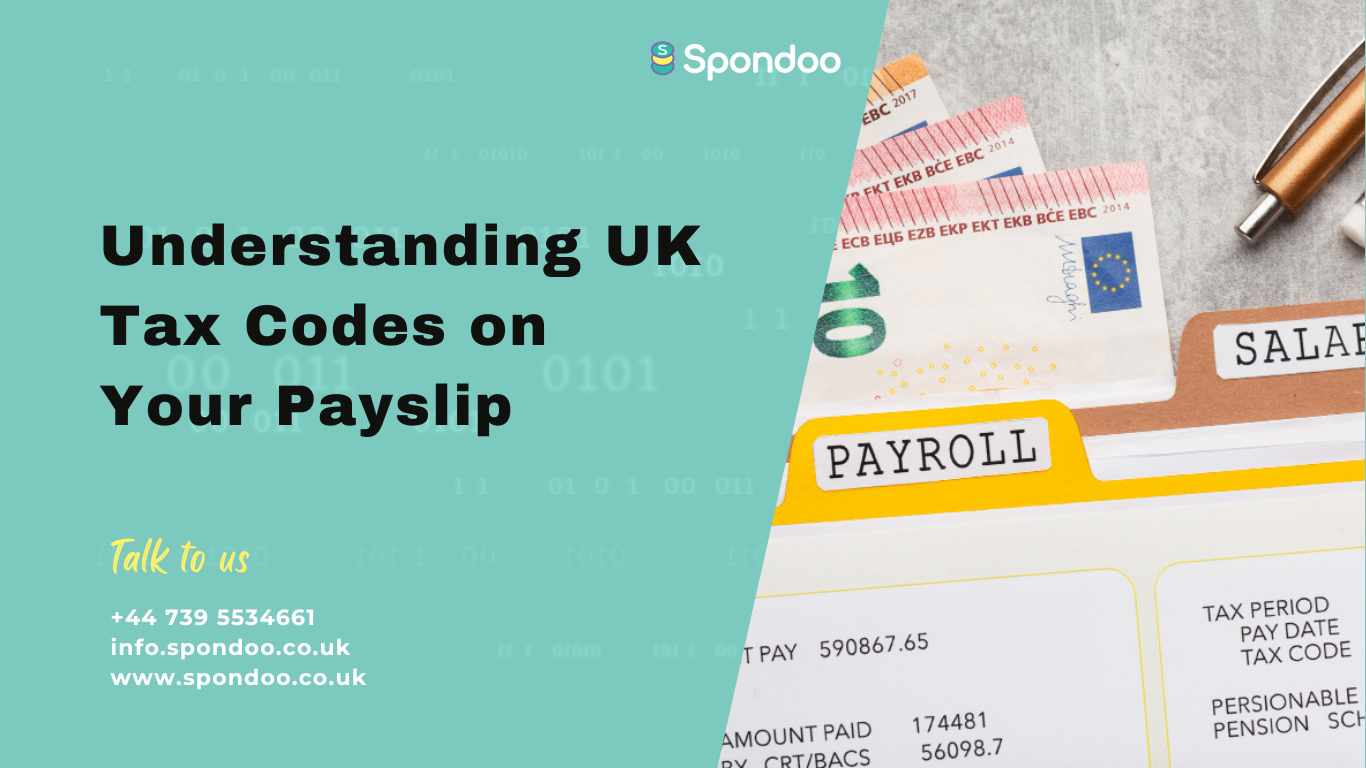
A tax code comprises numbers and letters that indicate to HMRC (Her Majesty's Revenue and Customs) the amount of Income Tax and National Insurance you are liable to pay. This code reflects your tax-free income allowance for a given tax year, also known as your personal allowance. Earnings beyond this allowance are taxable.
Every person employed and paid through the Pay As You Earn (PAYE) system is allocated a tax code by their employer on behalf of HMRC. This code is clearly displayed on the employee's payslip. Conversely, self-employed individuals, who do not receive income through PAYE, are not assigned a tax code.
A variety of tax codes exist, each carrying specific implications:
L: This is the most common code, indicating that the individual is entitled to the standard personal allowance (£12,570 for the tax year).
M: This code denotes that the individual has received 10% of their partner's personal allowance.
N: This code signifies that the individual has transferred 10% of their personal allowance to their partner.
T: This code implies that additional calculations have been applied to determine the individual's personal allowance.
0T: This code indicates that the personal allowance has been utilised or that the employer lacks the necessary information to assign an appropriate code.
BR: All income from this employment is taxed at the basic rate of Income Tax (20%).
D0: All income from this employment is taxed at the higher rate of Income Tax (40%).
D1: All income from this employment is taxed at the additional rate of Income Tax (45%).
NT: No tax is payable on this income.
S: Tax is calculated based on Scottish rates.
C: Tax is calculated based on Welsh rates.
The numerical part of your tax code is a crucial indicator of your tax-free income allowance for the tax year. This is the amount of income you can earn without paying tax.
Here’s how it works:
Multiply the number by 10: To determine your tax-free allowance, multiply the number preceding the letter in your tax code by 10.
Example: If your tax code is 1257L, you can earn £12,570 before tax is applied.
In certain situations, HMRC may apply an emergency tax code. This is a temporary measure until they can determine the correct tax code for an individual. Common reasons for an emergency tax code include:
1257L: This is the most common tax code for employees with one job. It indicates that you're entitled to the full personal allowance for the tax year.
1257 is based on the Personal Allowance (£12,570) and L stands for the standard Personal Allowance.
1256L or 1283L: These codes suggest you might be eligible for tax relief on certain expenses, effectively increasing your personal allowance. However, it's worth checking if you're claiming the maximum relief you're entitled to.
A K tax code is applicable when you owe more tax than your personal allowance due to benefits or underpayment from the previous tax year. The K tax code indicates a tax debt greater than your personal allowance. HMRC adjusts your current year’s income to collect the owed tax.
You might have a K tax code due to receiving taxable benefits like a company car, employer-paid accommodation, or medical insurance. It could also result from a state pension or previous years’ tax debt exceeding your personal allowance.
Let's assume you had a 1257L tax code (indicating the full Personal Allowance) but received a company car with a Benefit-in-Kind value of £22,000, HMRC subtracts £22,000 from your allowance, leaving -£9,430. Thus, your tax code becomes K943, Your employer would then add £785.83 (£9,430 divided by 12) to your taxable pay each month, effectively collecting the tax you owe.
The number following the 'K' in your tax code represents the amount you owe HMRC in pounds (e.g., K200 equals £2,000). This amount is added to your taxable income. For instance, if you earn £26,000 and have a K200 tax code, your taxable income becomes £28,000. The additional £2,000 is collected through increased tax deductions throughout the year.
If you believe your K tax code is incorrect, it is essential to contact HMRC to request a review. They will verify the calculations and make any necessary adjustments. If you have overpaid tax, you may be entitled to a refund.
A 0T tax code is an emergency tax code applied by HMRC when they don’t have enough information to calculate your correct tax allowance. This means you'll pay more tax than you should, potentially losing out on your tax-free personal allowance.
You can usually find your tax code on your payslip. If it's a 0T, you've got one. You can also check your government gateway account on the HMRC website or give them a call.
With a 0T tax code, you'll pay tax on your entire income, meaning you won't receive your tax-free personal allowance, which is currently £12,570. This could mean paying tax at a higher rate, even if your overall income is relatively low.
If you believe you're on the wrong tax code, you can:
It's important to resolve a 0T tax code as soon as possible to avoid overpaying tax. Any overpaid tax will eventually be refunded, but it's better to avoid the inconvenience and potential financial hardship in the first place.
HMRC considers various factors when determining your tax code:
If you believe your tax code is incorrect, whether it's an emergency tax code or another type, you may have overpaid tax and be eligible for a refund. It's essential to contact HMRC to rectify the situation.
By understanding these key elements of your tax code, you can better manage your finances and ensure you're paying the correct amount of tax.
Need tax code clarity? Contact us today for expert guidance.
